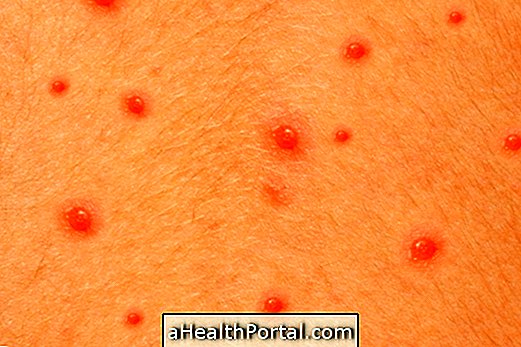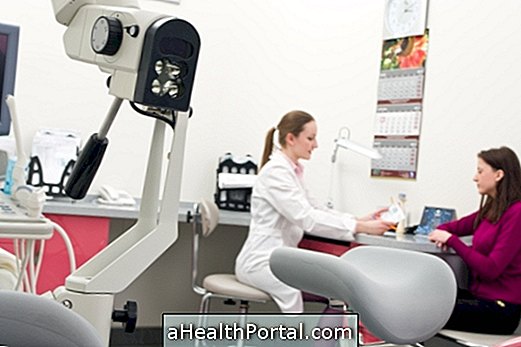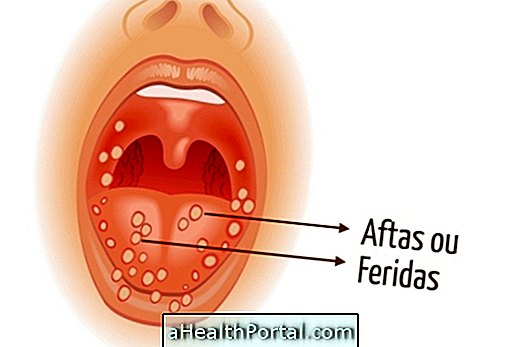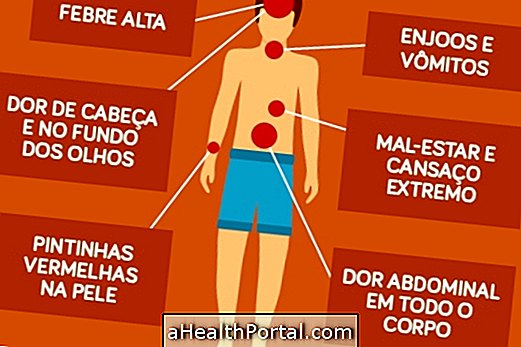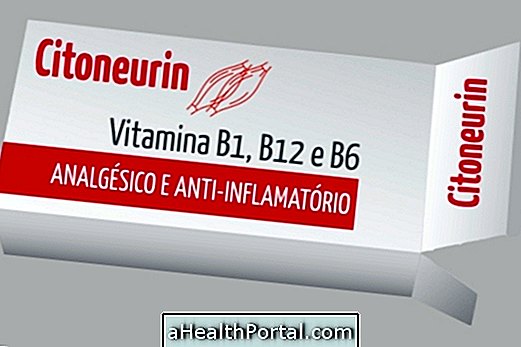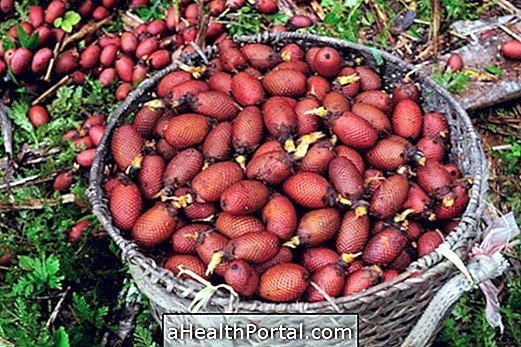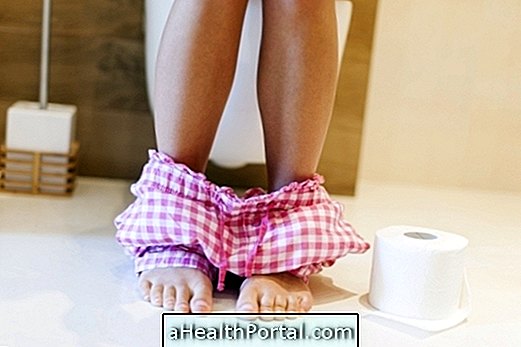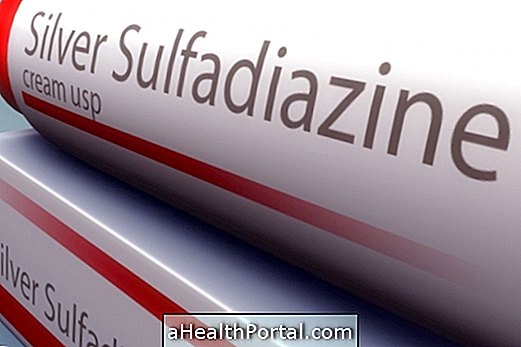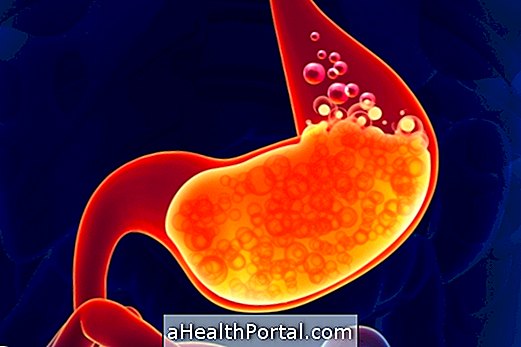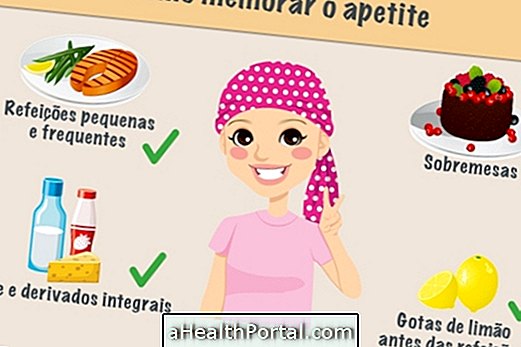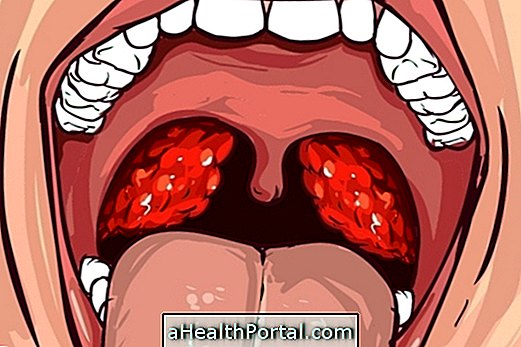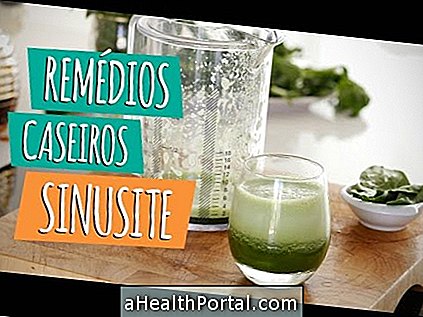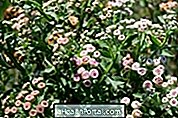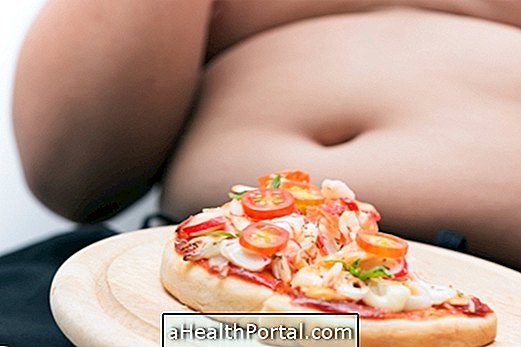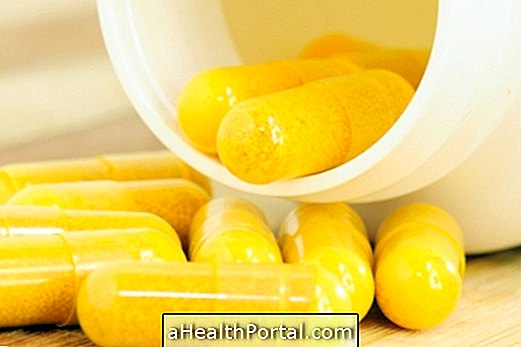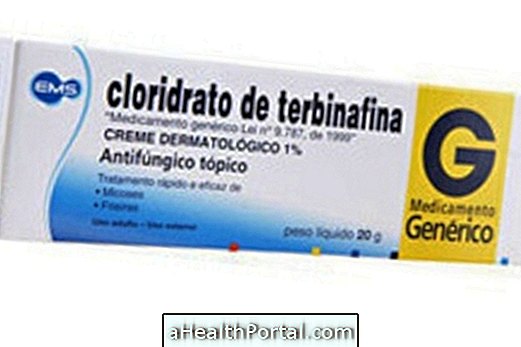Childhood botulism is a rare but serious disease caused by the bacterium Clostridium botulinum that can be found in the soil and can contaminate water and food for example. In addition, poorly maintained foods are a good source of this bacteria's proliferation. Thus, the bacteria can enter the body of the baby through the consumption of contaminated food and, in the body, starts to produce a toxin that results in the appearance of symptoms. Learn more about botulism.
The presence of the toxin in the baby's body can result in severe impairment of the nervous system, and the infection may be confused with stroke, for example. The most common source of infection in babies under 1 year old is the consumption of honey, because honey is a good means of propagating the spores produced by this bacterium. Know the contraindications of honey.
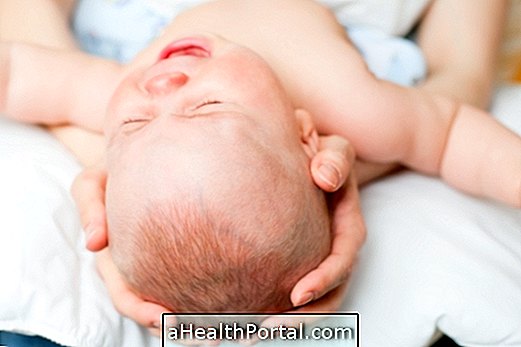
Symptoms of botulism in baby
The initial symptoms of botulism in the baby are similar to that of the flu, but are followed by paralysis of the nerves and muscles of the face and head that later develop into the arms, legs and respiratory muscles. Thus, the baby can present:
- Difficulty in swallowing;
- Weak suction;
- Apathy;
- Loss of facial expressions;
- Somnolence;
- Lethargy;
- Irritability;
- Little reactive pupils;
- Constipation.
Botulism in the baby is easily confused with the own paralysis of a stroke, however the lack of proper diagnosis and treatment of botulism can worsen the condition and lead to death due to the high concentration of botulinum toxin circulating in the baby's blood.
The diagnosis is easiest when there is information from the child's recent feeding history, but can only be confirmed by blood test or stool culture, in which the presence of the bacterium Clostridium botulinum should be checked.
How is the treatment done?
The treatment of botulism in the baby is done with stomach and intestinal lavage to remove any contaminated food. Intravenous anti-botulism immunoglobulin (IGB-IV) may be used but produces side effects that merit attention. In some cases it is necessary for the baby to breathe with the aid of devices for a few days and, in most cases, it recovers completely, without major consequences.
In addition to honey, see other foods that your baby can not eat until he is 3 years old.
